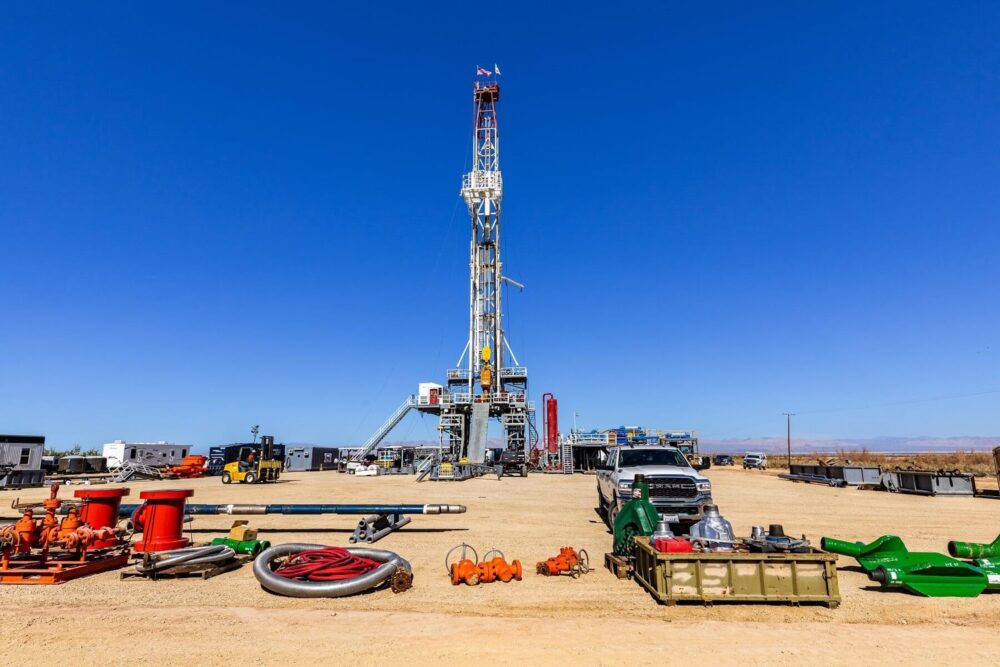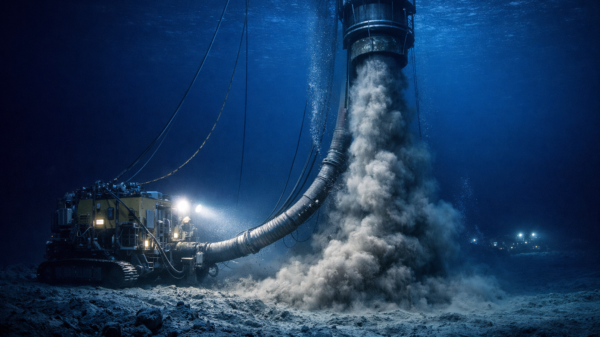A number of environmental nonprofits are challenging the approval of the Hell’s Kitchen Lithium Project near the Salton Sea in California.
Environmental nonprofits Comite Civico del Valle and Earthworks formally submitted the appeal on Friday to California’s District Court of Appeal. They argue that Imperial County failed to completely investigate the potential environmental impact of a lithium project prior to approval.
The groups say that the county violated the California Environmental Quality Act by relying on an Environmental Impact Report that failed to properly assess or mitigate concerns related to air quality, hazardous waste, and water supply.
They also argue that the county did not meet legal requirements for tribal consultation, citing concerns raised by multiple tribal representatives about the project’s potential impact on culturally significant sites and natural resources.
The appeal follows the Imperial County Superior Court’s Feb. 26 decision, which denied the organizations’ petition to halt the Salton Sea project. The groups argue that the approval process proceeded too quickly and failed to incorporate key mitigation measures to protect the surrounding communities.
In a press release announcing the appeal, Luis Olmedo, executive director of Comite Civico del Valle, said the groups do not oppose lithium development but want the project to fulfill its commitments to health and environmental responsibility.
“We want to see this project succeed so that communities can enjoy the new jobs and benefits that it can bring,” Olmedo said in the release.
“We are eager for Controlled Thermal Resources to stand by their word. They claim to want to protect public health, community benefits, tribal rights, and the environment. This appeal provides them another opportunity to do that.”
Read more: Lithium Americas pulls in $250M in third party funding for Thacker Pass in Nevada
Read more: ExxonMobil and LG Chem agree to lithium offtake agreement
America faces a significant lithium shortage
They say that any measures won through the lawsuit would ultimately benefit the health and environment of Imperial County residents. However, they have not sought an injunction to stop work on the project, and no significant construction has begun. Jared Naimark, California mining organizer at Earthworks, also stressing the broader implications of the case, especially as demand for lithium continues to rise for electric vehicle batteries and renewable energy storage.
“It’s more important than ever for California to stand by the laws that address the health of its residents and the environment,” Naimark said in the release.
“We won’t let one corporation compromise Imperial Valley’s future.”
America faces a significant lithium shortage, driven by the soaring demand for electric vehicle (EV) batteries and renewable energy storage. Lithium is a critical component of these technologies. The United States relies heavily on imports, particularly from China and South America, to meet its needs. As global competition intensifies, China has strategically secured much of the lithium supply chain, dominating processing and refining operations.
The Salton Sea region in California presents a potential solution to America’s lithium shortage.
Known as the “Lithium Valley,” this area is rich in geothermal brine, which contains high concentrations of lithium. By tapping into this resource, the U.S. can reduce its dependency on foreign sources, especially China.
Developing the Salton Sea’s lithium resources could position the U.S. as a key player in the global market. Furthermore, this would work towards enhancing energy security and supporting the growing demand for clean technologies.
.













